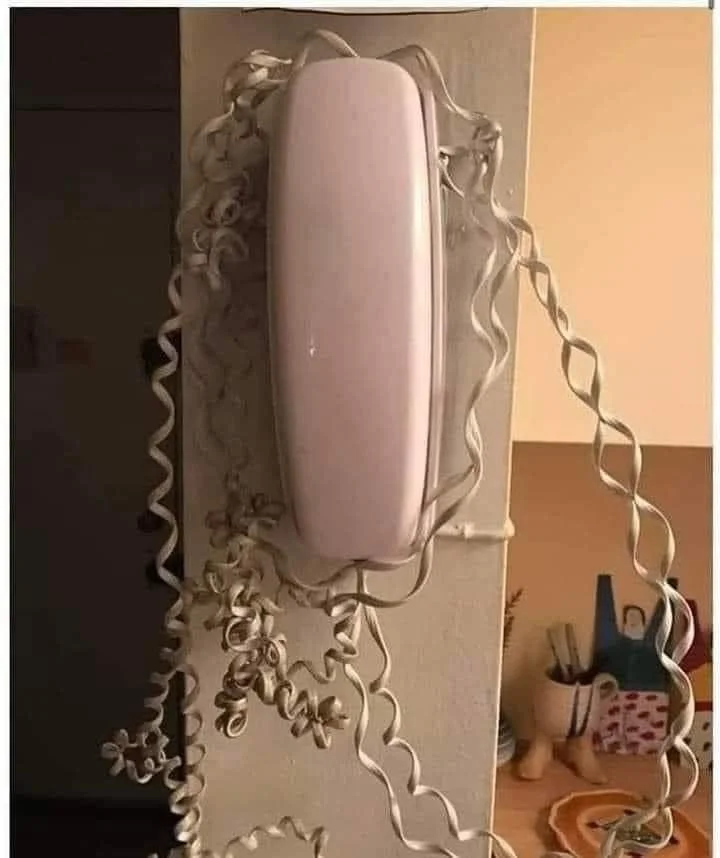Be Very Mindful When Speaking in Public (speakerphone or not): If you are on a call in public, make sure the client is okay with this situation. When talking with a client, attorney, or other party about a case, be mindful to, at very minimum, not discuss the client's name. You don't want to breach any confidentiality issues. Depending on the notoriety of your client base, you may not want to talk about your "anonymous" client in public at all. Regardless, you never want the other party on speaker phone should they inadvertently reveal confidential information or their voice is obvious to the public!
Email (for conveying facts or creating a record) over phone calls (for general client relations): Do use email when you are trying to inform the recipient of facts. Do you use email when you need to create a record of the communication (there are some parties, e.g., a handful of attorneys, that I have dealt with who can't always be trusted to remember the details of the phone call). It is sometimes simpler (and safer) just to send an email. Or, at the very minimum, send an email for a post-call record.
Obligation to Answer (but you can still screen calls): Just because someone calls doesn't mean you have to answer immediately. It is okay to mute the call and respond when convenient. But make sure that you have a receptionist (or at least a virtual receptionist, I use Smith.AI to answer your calls. The receptionist can reach out to you. Once contacted, you can choose to accept the call, screen it, or request the receptionist to convey a message or inform the caller of a later return call or follow-up email.
Use Voice Mail as a Backup: You should make sure that your line(s) has a working voicemail should no one be available. Note: Even though I have a 24-hour answering service with Smith.AI, they can sometimes get overloaded with multiple callers. So, it's good to have a backup. With today's virtual and technological advances, setting up a voice mail is not something hard to provide your clients and potential clients. This concept is certainly not new - Doctors have had phone services to contact them on beepers for decades prior to today.
Phone calls play an important role in my office communications. Today, I meet almost all of my potential clients for the first time over the phone. We conduct initial consultations by phone. Remember, I have clients not only from across the country but also from all over the world. If we move forward with representation, our communications will move mostly to email and some phone calls. If we have a hearing with the VA (via the Board of Veterans Appeals), they are almost always by video. Phone calls may be "old-fashioned" and not quite fit in today's phone etiquette, but they are here for now!
MTC















